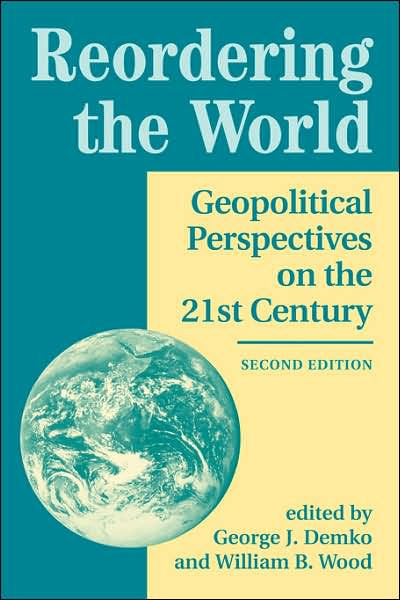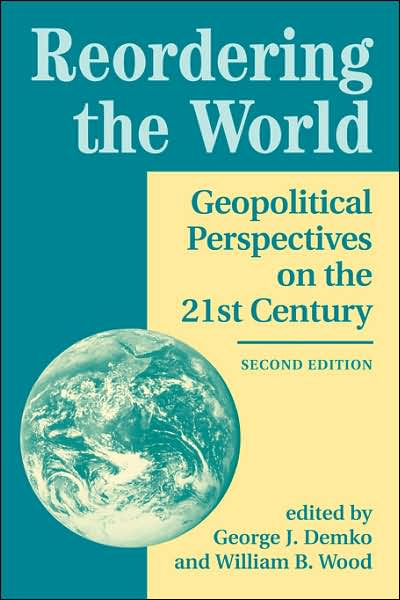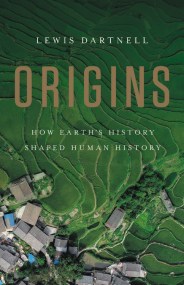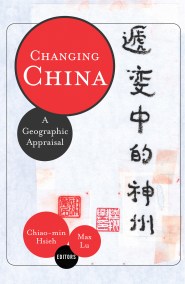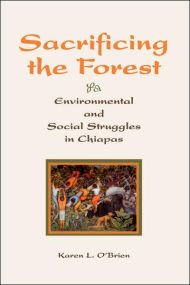Reordering The World
Geopolitical Perspectives On The 21st Century
Contributors
Edited by William Wood
Also available from:
- On Sale
- Dec 25, 1998
- Page Count
- 352 pages
- Publisher
- Avalon Publishing
- ISBN-13
- 9780813334059
Using an integrative approach to international relations, the second edition of Reordering the World returns the “geo” to geopolitical analysis of current global issues. The contributors focus on key emerging world issues, such as spatial data technology, IGOs/NGOs, gender and world politics, boundary disputes, refugee flows, ecological degradation, and UN intervention in civil wars. They also assess the redefinition of international relations by instantaneous, worldwide financial and telecommunication linkages and explore the struggles of new multinational and nongovernmental organizations to define their roles. Using current real-world examples, this group of eminent geographers challenges the reader to rethink international relations and reorder the world political map.
Genre:
Formats and Prices
Price
$51.00Format
Format:
Trade Paperback $51.00Newsletter Signup
By clicking ‘Sign Up,’ I acknowledge that I have read and agree to Hachette Book Group’s Privacy Policy and Terms of Use
